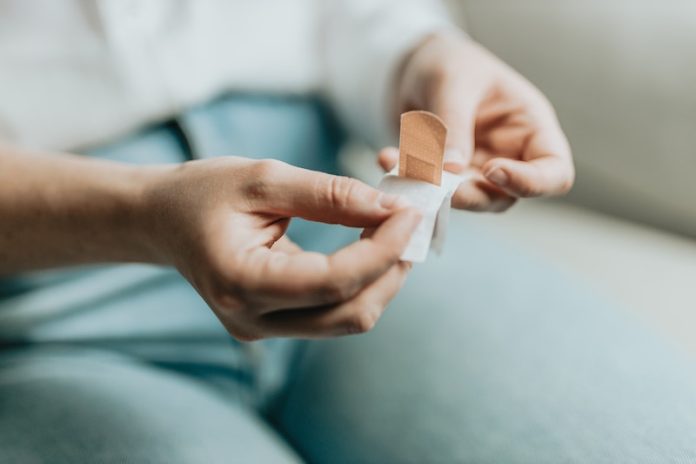
A groundbreaking study led by the University of Pittsburgh and UPMC has found that defective exosomes—tiny particles that transfer signals between cells—play a role in the delayed healing of wounds in diabetic patients.
These findings provide a new avenue for therapies targeting wound healing and may have broader implications for managing other diabetic complications.
Key Findings
Chronic Wounds in Diabetes: Diabetic patients have chronic wounds that heal very slowly due to heightened inflammation.
Role of Exosomes: The researchers found that exosomes are crucial for carrying messages between skin cells and immune cells to initiate wound healing.
Defective Exosomes in Diabetics: Termed ‘diaexosomes’, these are altered in their contents and number in diabetic patients, leading to chronic inflammation and hampered wound healing.
Study Details
Led by Subhadip Ghatak, Ph.D., and co-senior author Dr. Chandan Sen, the team collected wound fluids from both diabetic and non-diabetic patients using negative pressure bandages.
Upon analyzing these fluids, they discovered that exosomes produced by skin cells in diabetic patients were compromised, both in number and contents such as RNA, lipids, and proteins.
This led to improper signals being sent to macrophages, immune cells that usually coordinate wound healing, thereby perpetuating inflammation and hampering healing.
Potential Therapeutic Implications
The results point toward two potential therapeutic avenues:
Chemical Modification of Diaexosomes: Researchers are exploring ways to alter diaexosomes so that they can properly signal immune cells to reduce inflammation.
Exosome Reinfusion: Another approach could be to extract exosomes from diabetic patients, load them with the correct signals, and then reintroduce them into the wound to promote healing.
Since exosomes play roles in various bodily functions, defective diaexosomes could also be implicated in other diabetic complications. “This opens a new line of thinking,” said Dr. Sen.
Conclusion
Understanding the role of exosomes in wound healing provides a novel approach for tackling diabetes-related complications, including the more than 100,000 amputations that occur in the U.S. each year due to non-healing wounds.
The research team is optimistic that targeted therapies could significantly improve the quality of life for diabetic patients.
If you care about diabetes, please read studies about new way to achieve type 2 diabetes remission, and one avocado a day keeps diabetes at bay.
For more information about diabetes, please see recent studies about 5 dangerous signs you have diabetes-related eye disease, and results showing why pomegranate is super fruit for people with diabetes.
The research findings can be found in Nano Today.
Follow us on Twitter for more articles about this topic.
Copyright © 2023 Knowridge Science Report. All rights reserved.



